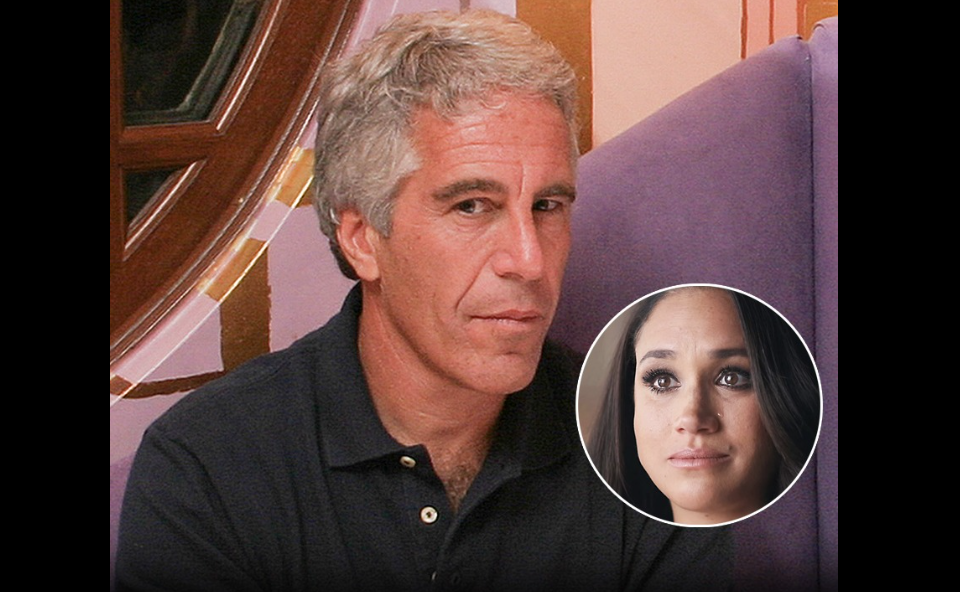A mother who faced criticism for her “larger” baby bump is standing strong against pregnancy stigma.
Eliana Rodriguez, now 29, recently welcomed her second child, Sebastian. Despite her pregnancy and baby being perfectly healthy, Rodriguez received comments like “You are gigantic,” “Are you expecting twins?” and “Is there another baby in there?” Her pregnancy and baby were in excellent health, but the size of her baby bump drew attention.
While a large bump during pregnancy can sometimes indicate health concerns, it is often perfectly normal, reflecting how a woman’s body adjusts. Rodriguez reassured everyone that both she and her baby are in great health.
“I’ve had large pregnancies; both of my children were born weighing 8.3 pounds. My 3-year-old daughter Sofia was 19.5 inches at birth, while my newborn son was 20.5 inches,” Rodriguez shared.
Rodriguez mentioned that while it’s easy to ignore online trolls, people can be just as curious in person.
Though she noticed the curiosity, Rodriguez always responded with grace. “Yes, I am big, and it’s challenging,” she would say.
Rodriguez, a health and wellness entrepreneur based in Las Vegas, Nevada, reflected, “I wondered why my belly was bigger than others’. My doctors explained it was normal due to my height—I’m only 4’11” with a shorter torso.”
Rodriguez began showing early in her pregnancy, but she embraced it. “I’m an open person, and I was thrilled to share my journey. We had been trying for a second child and hoped for a boy.”

During her pregnancy, Rodriguez carried an abundance of amniotic fluid, which fills the amniotic sac, protecting the baby and allowing it to move freely.
The Mayo Clinic explains that “polyhydramnios,” or excess amniotic fluid, occurs in 1% to 2% of pregnancies. While it can sometimes lead to complications like preterm labor, most cases are uneventful.
Rodriguez’s doctors confirmed that despite the extra fluid, she did not have polyhydramnios. “They measured the baby’s size and the amount of fluid to be sure,” she explained.
According to Dr. Kiarra King, an OBGYN based in Chicago (who did not treat Rodriguez), other causes of excess fluid include maternal diabetes and fetal structural anomalies. However, a larger belly can also result from factors like fetal macrosomia, maternal obesity, or Diastasis Recti, a condition where abdominal muscles separate during pregnancy.
Fortunately, Rodriguez avoided all of these issues.

Rodriguez also highlighted the importance of refraining from body-shaming comments, especially during pregnancy. She emphasized that such remarks can deeply affect women who might be struggling with prenatal or postpartum depression.
“I understand that some people lack empathy,” Rodriguez said. “As a person of faith, I feel for those who use hurtful words.”







